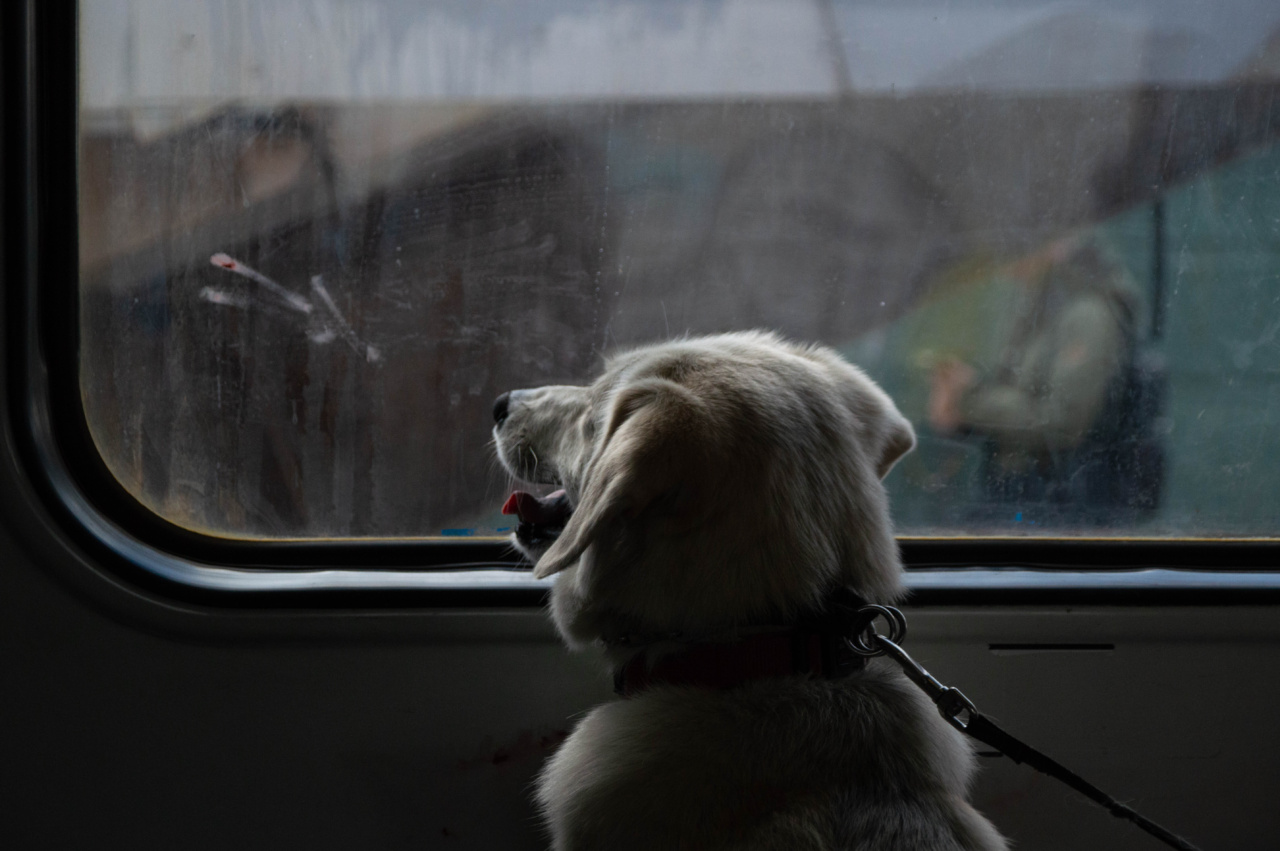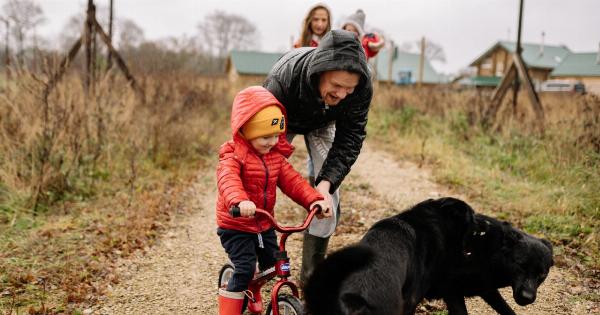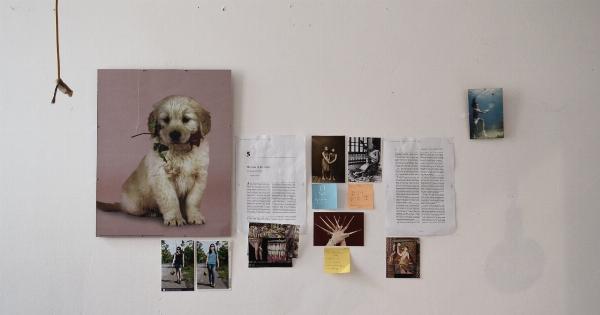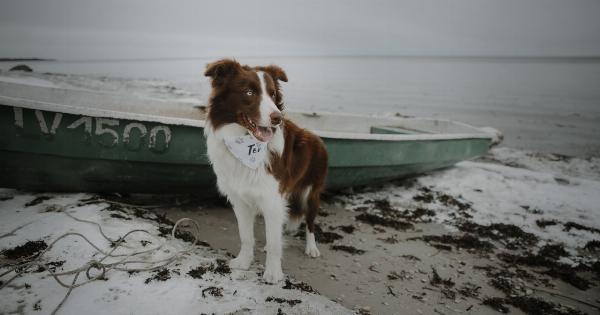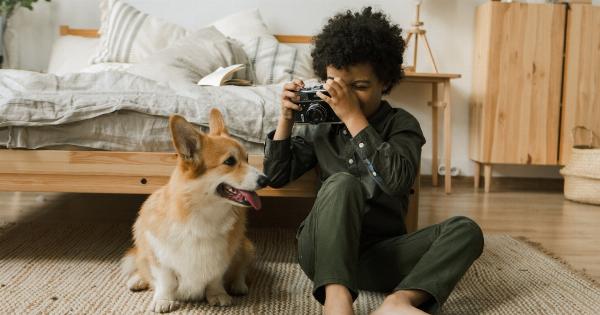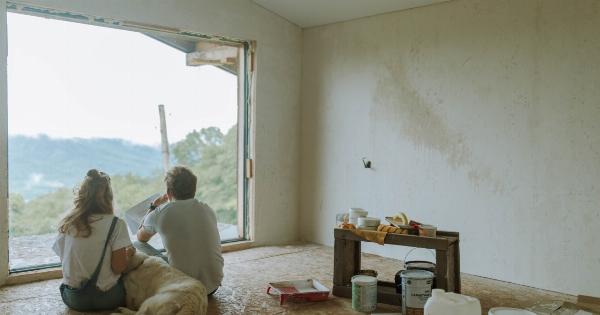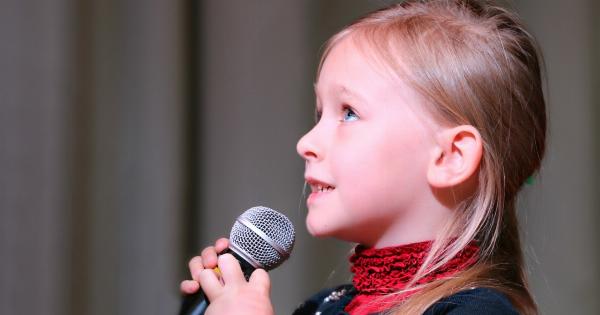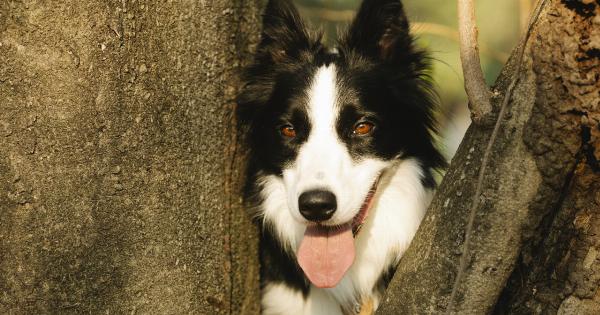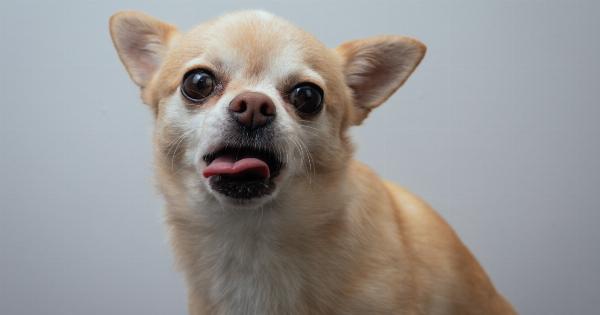Puppies are adorable, energetic, and full of potential. As a responsible pet owner, it is crucial to start their training from a young age. One aspect of training that cannot be overlooked is socialization.
It is the key to ensuring your puppy’s success in various aspects of life. In this article, we will explore the power of socialization and provide you with practical tips to train your puppy effectively.
The Importance of Socialization
Socialization plays a vital role in shaping your puppy’s behavior and temperament. It involves exposing your puppy to a wide range of people, animals, environments, sounds, and experiences in a positive and controlled manner.
By doing so, you are helping your puppy develop into a well-rounded and confident adult dog.
When to Start Socialization
Early socialization is crucial for puppies as they have a critical period for learning and development. Ideally, you should start socializing your puppy at around 3 to 14 weeks of age.
During this period, their brains are highly receptive to new experiences, making it the perfect time to introduce them to various stimuli.
Creating Positive Experiences
When socializing your puppy, always focus on creating positive experiences. Start with familiarizing them with family members and close friends, then gradually expose them to other people and animals.
It is important to note that socialization should be a gradual process, ensuring that your puppy feels safe and comfortable throughout.
Exposing Your Puppy to People
To socialize your puppy effectively, introduce them to different types of people, including men, women, children, and individuals with diverse appearances.
Encourage gentle interactions, such as patting and stroking, and reward your puppy with treats and praise for calm and friendly behavior. This will help them associate people with positive experiences.
Introducing Your Puppy to Other Animals
Allowing your puppy to interact with other animals is essential for their social development. Start by introducing them to well-behaved and vaccinated dogs in a controlled environment.
Gradually expose them to various animals, such as cats, rabbits, and even livestock, ensuring each interaction is positive and supervised.
Integrating Your Puppy into Different Environments
Exposing your puppy to different environments will make them adaptable and confident in various situations. Take your puppy for walks in different neighborhoods, parks, and busy areas.
Encourage exploration and provide plenty of positive reinforcement to let your puppy know that new environments are safe and enjoyable.
Desensitizing Your Puppy to Sounds
Puppies can easily get scared or anxious around loud or unfamiliar sounds. To prevent noise-related fears, gradually expose your puppy to different sounds. Start with soft sounds and gradually increase the volume over time.
Use treats and playtime to create positive associations with each sound, helping them feel more at ease in noise-filled environments.
Addressing Fear and Anxiety
If your puppy shows signs of fear or anxiety during socialization, take a step back and go at a slower pace. Never force your puppy into uncomfortable situations, as it may lead to behavioral issues in the long run.
Seek guidance from a professional dog trainer or behaviorist if your puppy’s fears persist or worsen.
The Role of Puppy Classes
Enrolling your puppy in a well-structured puppy socialization class can greatly aid their development.
These classes provide controlled environments where puppies can interact with their peers while learning essential obedience commands and good manners under the guidance of professional trainers.
Continuing Socialization into Adulthood
Socialization is an ongoing process that should continue well into your puppy’s adulthood. Regularly exposing your dog to new experiences, environments, people, and animals will help maintain their social skills and prevent regression.
Keep organizing playdates with other friendly dogs, go on outings, and introduce them to novel experiences to ensure their continued success.
In Summary
Socialization is the key to raising a well-adjusted, confident, and happy puppy. By exposing your puppy to various people, animals, environments, and sounds in a positive and controlled manner, you are setting them up for success.
Remember to start early, create positive experiences, address fears and anxieties, and seek professional guidance when needed. With consistent socialization, your puppy will be well-prepared for a lifetime of success!.
